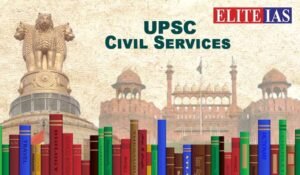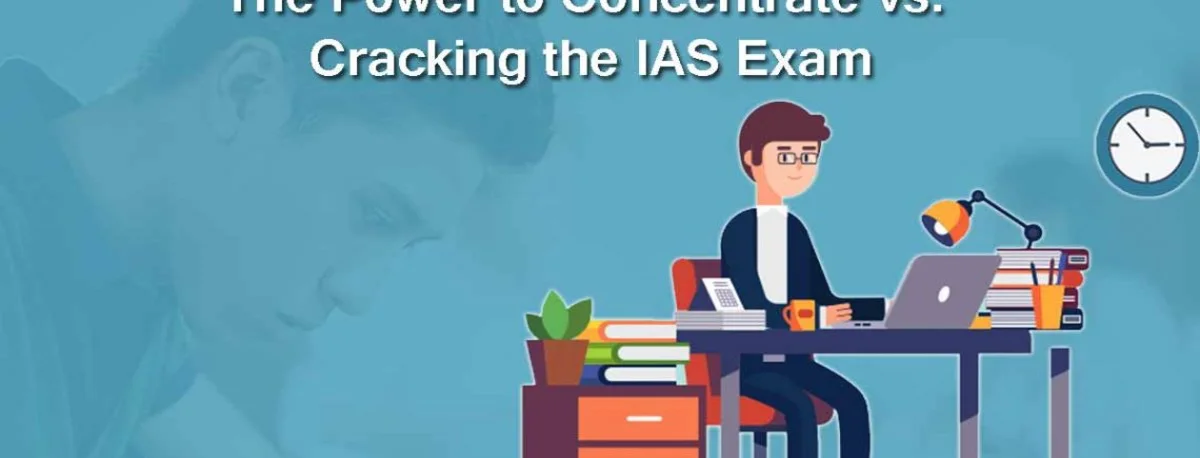The loaded questions are the recent trend in the CSE pattern as produced by UPSC. And that explains why even a great many veterans thoroughly well versed with most of the strategies to prepare for the IAS Exam are not aware of what actually a loaded question is.
What is A Loaded Question?
A keenly analytical insight into the latest changes produced by UPSC in the CSE pattern can definitely help improve your answering skills. And this is bound to push your score higher. Thus, it would definitely be an added advantage if you get a basic knowledge of what a loaded question is. Besides, it will equip you better to answer well and score higher if you gain an insight into what a loaded question actually aims at.
What is a Loaded Question?
A Loaded Question is usually loaded with one or more or all of the following attributes:
- It’s tricky
- It’s based on an unjustifiable assumption(s) i.e. it contains a controversial assumptions and limit direct replies.
- The presumption(s) a Loaded Question(s) is based on might even be unfounded
- A Loaded Question may carry one or more of the implied meanings.
Irrespective of how many of the attributes listed above are reflected by a Loaded Question, it aims at causing the candidates to respond in a certain way.
How does a Loaded Question usually work?
A Loaded Question usually narrows down the answering scope of the respondent to a single answer. An excellent example of a Loaded Question might be “Have you stopped cheating in the exams?” Whether the respondent replies in affirmative or negative, he admits to having cheated in the exams, sometime or another in the past.
Thus, it would not be improper to say that the question already presupposes that the candidate must have cheated sometime or another in the exams. Hence, the respondent is entrapped into answering either “yes” or “no” for he is left with no other choice.
The technique had earlier been used by the media people and the lawyers. And now, UPSC too, has been making use of that. The candidate is not only required to be aware, but absolutely awareand even cautious to a great extent. Only then can he realize that the question is a Loaded one lest he may find himself easily entrapped.
Loaded Questions in UPSC Mains 2019
Go on reading and you would discover a few examples of the Loaded Questions in the GS Papers, CSE, Mains, 2019.
- “What are the challenges to our cultural practices in the name of secularism?” (150 words)
What makes this question Loaded?
The question implies that our cultural practices are threatened to some extent or another in the name of secularism. Secularism is one of the values that form the core of the Indian constitution. And how are you to write against the same even if when questioned by UPSC, a constitutional body?
2) “Do you agree with the view that steady GDP growth and low inflation have left the Indian economy in good shape? Give reasons in support of your arguments.” (150 words)
What makes the above question Loaded?
The question is accompanied by a number of unjustified assumptions. First of all, India’s GDP growth is not steady. Another assumption concerning the low inflation is also debatable. However, you are allowed the freedom only to agree or disagree (of course, supporting the same with reasons) whether India’s economy is in a good shape or not.
How to Answer ALoaded Question?
Though it can be a debatable issue whether UPSC should be employing the Loaded Questions in the Mains and/or the Interview, it’s best not to allow yourself to get entrapped.
Here are some of the tactics to avoid falling into the trap:
1. No ‘YES’ or ‘NO’
It’s advisable neither to say “yes” nor a “no” once you recognize that it is a loaded question. For example, if you take a stand by saying either a “yes” or “no” to the question ‘Do you agree with the view that steady GDP growth and low inflation have left the Indian economy in good shape?’ you are definitely allowing yourself to fall into a trap.
It, of course, means that you agree with the assumption made by the question that India has a steady GDP growth. And that is not true. So, it’s best not to get entrapped.
2. Challenge the assumption
We are making a reference to the same question ‘Do you agree with the view that steady GDP growth and low inflation have left the Indian economy in good shape?’
You may logically challenge the assumptions:
- Though you might agree that India is growing, it’s not logically convincing to call the growth “steady”. The truth is that GDP growth rate has not been so in the recent past.
- Though the rate of inflation has gone down, Indian economy is still experiencing inflation. Apart from the base-year effect that has made the rate of inflation go down, the inflation rate also varies depending on which of the indices, i.e., whether it is WPI or the CPI that you choose to calculate it.
3. Find what is positive and find what is negative
It’s with reference to the question “What are the challenges to our cultural practices in the name of secularism?” You would come across two key entities:
- Cultural Practices
- Secularism
What do you think has got more of the negative aspects related to it – the Cultural Practices or the Secularism? There had been a number of cultural practices including Sati, untouchability, discrimination based on caste system, and many superstitions etc. All of these have been cultural practices. Besides, there have been honour killings and the domination of the Khap Panchayats even in the modern day society.
So, what do you think of Secularism?
Indian secularism opposes:oppression of Dalits and women within Hinduism, the discrimination against women within Indian Islam or Christianity, and the possible threats that a majority community might pose to the rights of the minority religious communities (Courtesy – NCERT).
Even in the most stressful of the situations, it’s best not to go against the core values that should be equally justifiable to all and without any prejudices. If you answer taking care of the same, it would definitely help to reflect you as a potential administrator.
4. It’s advisable not to lean left or right
It’s advisable not to align with an ideology that goes against the constitutional values. Whatever the question is, you should be leaning towards left or right, that is to say, do not be taking sides. Answering with impeccable integrity would help UPSC visualize you as a potential administrator.
Always keep in mind that your ethical values are not to be upheld only in the Ethics, Integrity & Aptitude Paper (GS IV, Mains), but should be reflected in all of your answers at all of the stages of CSE.
A Word of Caution:
A great many of the candidates make a feeble attempt of making a positive impression at UPSC concerning their administrative skills by opting for somewhat illogical strategies. Some of these are briefly described below:
1. Do not attempt at making false inventions of your own
This tendency of the candidates can be understood quite well by means of the question “What are the challenges to our cultural practices in the name of secularism?” Many of the candidates even begin to falsely invent the (non-existing) challenges to the Indian culture by secularism.
The point to be noted is that a false invention can never be at par with the reality. Thus, it will only serve to make your answer illogical.
And it would definitely be equally illogical, and hence, far from being convincing, if you find fault with the Indian secularism. It’s advisable that you write what is justifiable, keeping your answer logically convincing.
2. Do not write like a politician does
Whatever the Loaded Question be, it’s advisable not to take sides like a politician does and present your thoughts in a logically convincing and unprejudiced manner. Besides, politicians win the election, rise to the power and they are required to contest again in the next election term. However, the bureaucrats stay in the power for 30 – 40 years. And you are going to join the Indian bureaucracy. India is a country that is practically governed by the bureaucrats including IAS, IFS, IPS etc.
And, finally, it should always be kept in mind that UPSC is known for keeping the Indian Bureaucracy away from politicization. And the questions asked at all the three stages of the CSE only aim at filtering the right kind of the bureaucrats from the ones who might not be so. Thus, whenever, you come across a Loaded Question, it’s always advisable to answer like an honest and upright bureaucrat.
Articles To Read
Best IAS Interview Question and Answers
Top Trickiest Questions Asked in IAS Interview
IAS INTERVIEW GUIDANCE
Why Elite IAS Online Classes for UPSC Preparation in India?
IAS Course Fee Structure
UPSC Syllabus 2020
ESSAY TEST SERIES -2020
IAS Interview: 10 Tips for Success
10 Qualities that Enable An Aspirant Become an IAS Officer
How IAS Coaching can be a Big Source of Motivation for You During UPSC Preparation?





